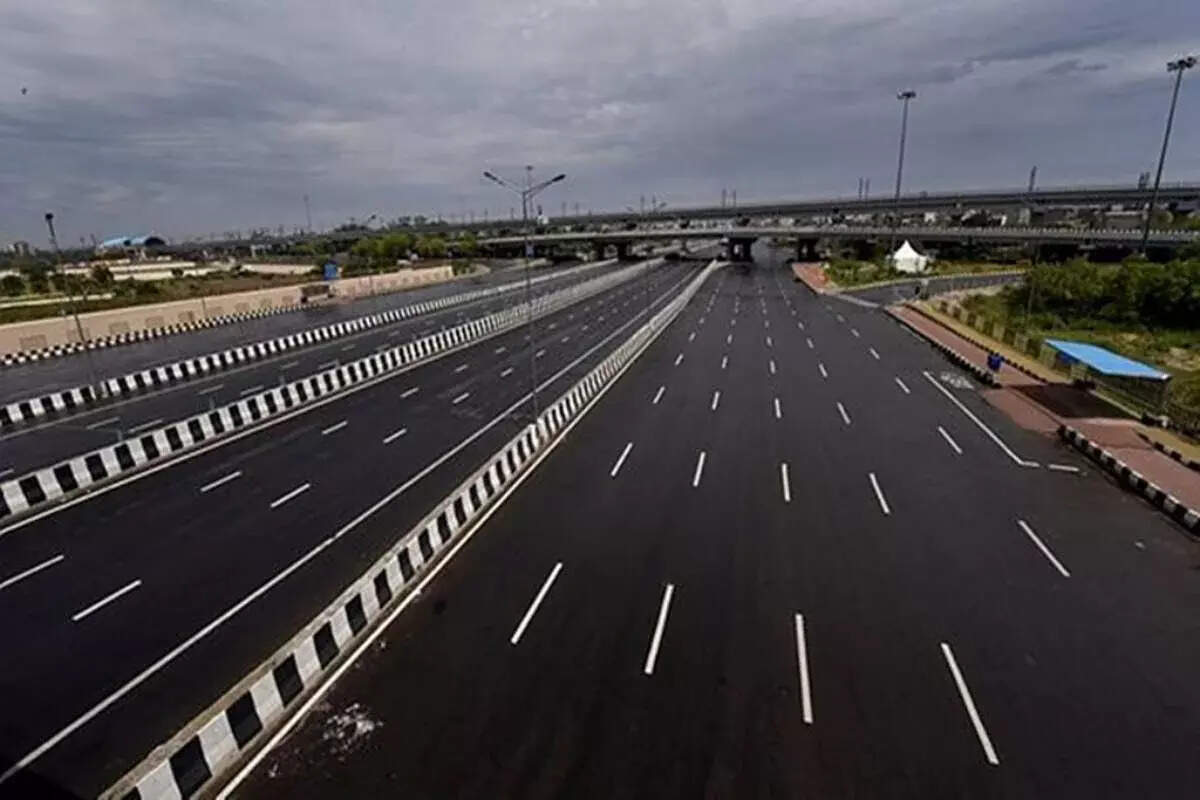
The Ministry of Road Transport and Highways (MoRTH) is confident of achieving the highways construction target of 12,000 kilometres for the current fiscal as the pace of construction has increased, its secretary Alka Upadhyaya said on Sunday. Upadhyaya further said the National Highways Authority of India (NHAI) has already realised around Rs 2,850 crore through Infrastructure Investment Trust (InvIT) mode in phase 2, and phase 3 is in the advanced stage to realise the target by the end of the current financial year.
“Extended monsoon has dampened the pace of National Highway construction.
“However, the pace of construction has increased, and we are sure that the given targets shall be met by March 2023,” she told PTI in an interview.
The ministry has constructed 4,766 km of National Highways up to November 2022-23 compared to 5,1.18 km constructed till November 2021-22.
The award figure is 5,382 km till November 2022-23 compared to 5,578 km a year ago.
The ministry has constructed 10,237 kilometres in 2019-20, 13,327 kilometres in 2020-21 and 10,457 kilometres in 2021-22.
In 2023, Upadhyaya said NHAI would prioritise awarding of new projects and speed up construction to complete the awarded projects.
“NHAI will undertake asset monetisation under different modes, including toll-operate-transfer (TOT) model and InvIT in order to meet the asset monetisation target of Rs 23,000 crore this year,” she said.
Asked whether the ministry will be able to utilise budgetary allocation for the road sector, Upadhyaya said the government has increased the pace of investment, and all the money allocated to the roads sector will be utilised.
“In fact, we are on track for that investment and have requested the Ministry of Finance for greater allocation to match our investment pace,” she said.
On concerns over the high debt level of NHAI, Upadhyaya said its debt is at a self-sustaining level, and with the increase in budgetary allocation, NHAI is in a comfortable position for debt servicing.
While pointing out that the pace of road asset monetisation has increased over the last 2 years, she said the ministry has also introduced additional models for road asset monetisation, such as InvIT.
“Toll revenues from new roads and some of the BOT Toll projects coming back to NHAI will facilitate for servicing debt obligation requirements,” she said.
The total outstanding debt of the state-owned National Highways Authority of India (NHAI) stood at around Rs 3.49 lakh crore as of March 31, 2022.
National Highways are developed under different modes of execution, including Build-Operate-Transfer (BOT) or toll, BOT (Annuity), and Engineering, Procurement & Construction (EPC).
In BOT (toll) projects, prospective bidders either quote viability gap funding (VGF) payable to concessionaires or negative VGF/premium payable to NHAI by concessionaires.
Asked why have BOT projects taken a backseat, Upadhyaya noted that the government has been trying to rekindle investors’ interest towards BOT Toll projects through a host of changes in the model concession agreement (MCA).
“As a result, NHAI is planning to award 500 km or around 8 per cent of the 6,500 km target for the current fiscal through BOT mode,” she said.
Upadhyaya, however, added that since BOT Toll projects require greater risk sharing from the private sector, particularly related to traffic assessment, the offtake of BOT projects will depend upon the market response.
On whether the ministry considering tweaking the hybrid annuity model(HAM), she said feedback from the industry is that they are now willing to take greater financial investment in road projects, and thus the MoRTH may contemplate lowering government contribution to 20 per cent from 40 per cent in HAM projects.
“However, a decision on the same has not been taken yet,” she said.
Under HAM, 40 per cent of the project cost is being provided by the government as construction support during the construction period and the balance 60 per cent is being financed by the private sector.